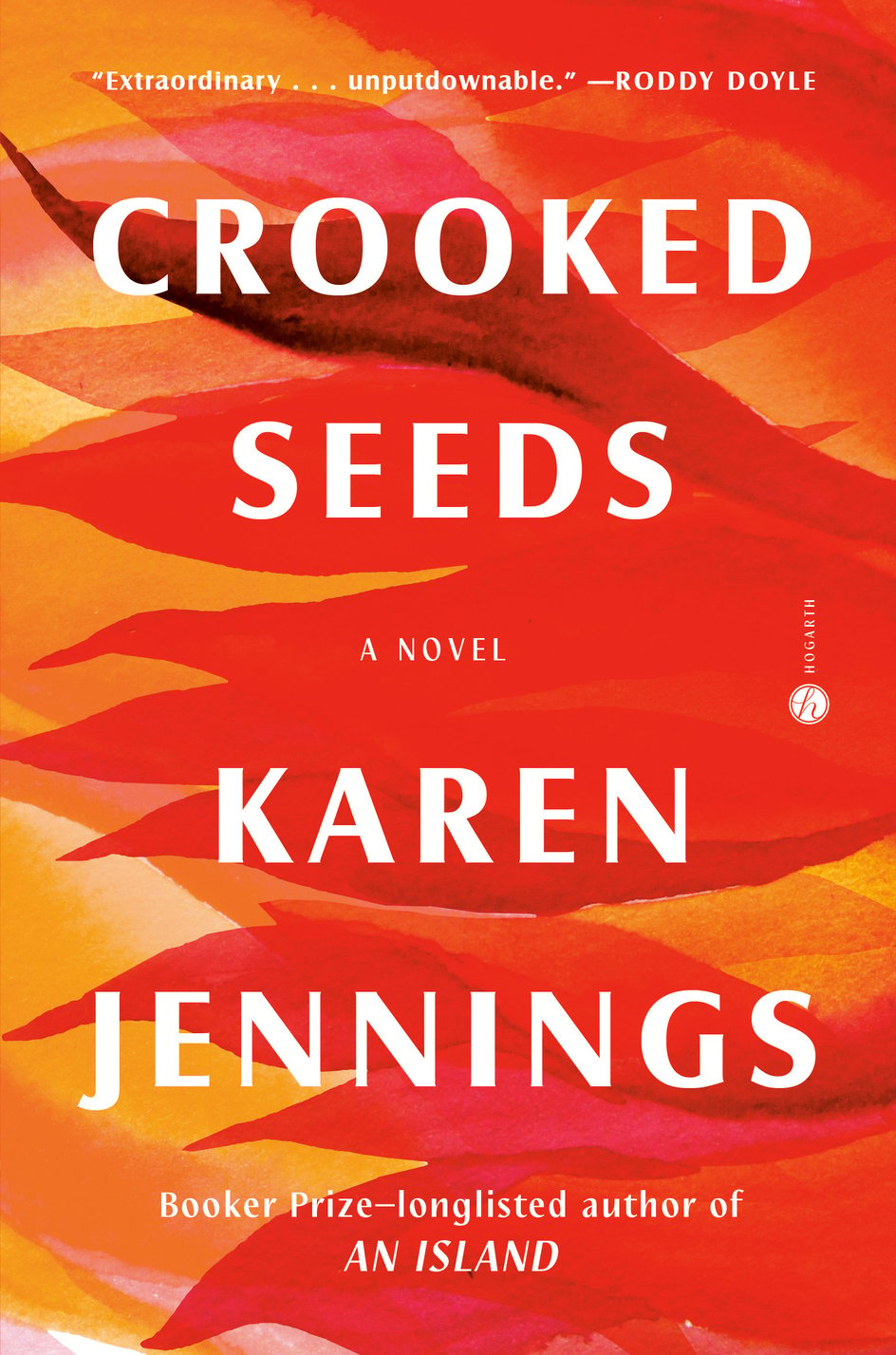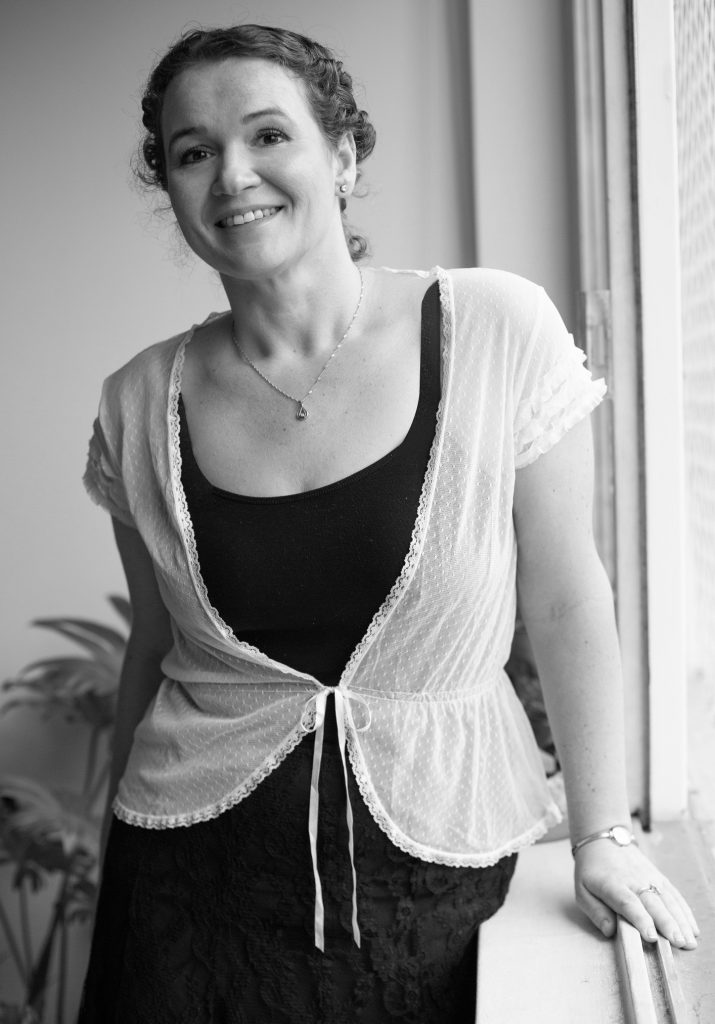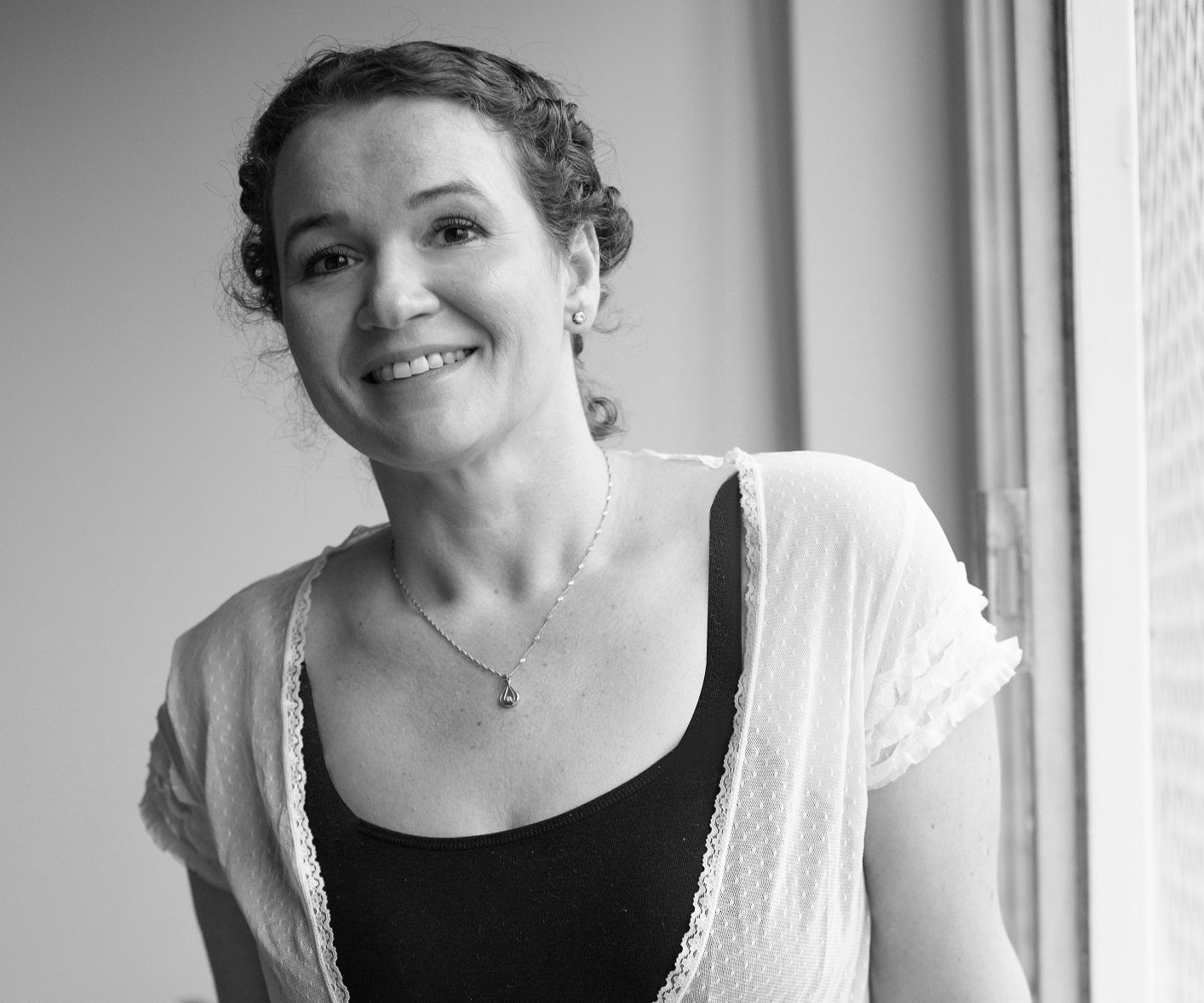Karen Jennings’ new novel describes a complex and paradoxical world through the eyes of a white South African woman in post-apartheid South Africa.
In her fifth novel, Crooked Seeds, Karen Jennings delves into the life of a white South African woman who sees herself as a victim, stuck in time and unwilling to participate in a post-apartheid South South Africa’s dysfunctional reality comes to life in ‘Crooked Seeds’Africa.
Her latest book is the final volume of a loosely structured trilogy following Upturned Earth (2019) and An Island (2020), which was longlisted for the 2021 Booker Prize. An Island takes place in the present, even if the main character Samuel loses himself in thoughts about the past, while Upturned Earth is rooted in a South African mining village in 1886 which later became Johannesburg.
Crooked Seeds is set in the near future in a suburb of Cape Town where, because of the drought, inhabitants must queue for water each morning.
Unearthing hidden buried bodies
Speaking to The Africa Report from Cape Town, Jennings said she thinks of the three books as part of her “earth collection”. In all three novels, bodies are found buried or need to be buried.
In Upturned Earth, the bodies found buried in the copper mining area are based on factual events. In An Island and Crooked Seeds, Jennings says she explored “the connections to the land and what is buried and hidden. You can see how people are considering whose land it is.”
The impulse to write about what lies beneath the earth came from when Jennings saw municipal workers digging a trench near the train station where she went each morning on her way to the University of Cape Town.
“The trench was getting deeper and longer, they would leave things they found on the side, a fork, or a mottled handbag, and I thought about what’s in the earth and what does that hide, and I carried this through to the three novels.”
Africa Insights
Wake up to the essential with the Editor’s picks. Also receive offers from The Africa Report Also receive offers from The Africa Report’s partners
While the political context of An Island is set in an unspecified African country, Jennings has returned to South Africa in Crooked Seeds. At first read, her main character, 50-something Deirdre van Deventer, could fit the stereotypical term of “white trash”, but we discover that she is far more complex.
Unpleasant, infuriating and at times nearly endearing, Deirdre is an unforgettable character whom Jennings describes in the most carnal terms from the opening paragraph.
Displaced in a new world
Years earlier, Deirdre lost a leg in an accident and sees herself as a victim, not only of her physical state, but also as a white person in post-apartheid South Africa. “Dierdre represents a type of white South African who feels like they were handicapped in 1994,” says Jennings.
I don’t know, how does it work now? Who’s black and who isn’t
“The real problem is that [Deirdre] feels that where she was in the world has been taken from her, she holds on to the excuse that the new South Africa has worked against her.”
But it isn’t really race that’s a problem for Deirdre, rather that she doesn’t understand where she is in her world and can’t seem to find her place. Her former family home, which was reclaimed by the government, becomes the scene of a criminal investigation when the remains of bodies are unearthed.
When the police summon her for questioning, she tells the officer about her adopted daughter, who is black. “I mean, her skin is black. She looks black. I don’t know, how does it work now? Who’s black and who isn’t,” Deirdre asks.
“Rules like that ended a long time ago,” the officer tells her, his discomfort obvious.
Who has the right to tell black people’s stories?
Jennings says she thinks a lot about what it must be like to be a person of colour, but that as a white South African she isn’t comfortable being those characters.
“I’ve been writing a lot of short stories, mostly historical, looking at slavery in South Africa – runaway slaves, freed slaves – and I find it very difficult to write about people in those situations in the first person. It’s important that those stories get told, but I’m very nervous about telling those stories in the first person.”
In An Island, her character Samuel is an older black man, but Jennings writes his story in the third person. “I know part of being a writer is putting yourself in someone’s shoes but there has to be care and respect too. I don’t ever want to offend anyone or upset anyone; I try to be very careful about how I tell stories. Maybe someone will come along who has much more of a right to tell that story in the first person.”
With a book of poetry and non-fiction published as well, Jennings is prolific – she has already completed a sixth novel and is at work on a seventh, writing by hand and then transcribing her work to a computer.
“When I have an idea for a novel, the beginning and end are already in my mind; I have the first few pages and the last line and then I try to figure out everything in between,” she says. The first page usually comes out “word perfect. That’s the one part that I can feel pretty secure about,” she adds.
“I feel a bit embarrassed saying that, because I don’t want to seem as if I have a kind of muse working through me. It just happens that way. I want to stress that the rest comes out like blood.”

Africanness in the publishing world
Jennings has also spoken about the difficulty of being published – her work being “too African” or “not African enough” are among the comments she received from publishers.
Because of her experience and the notoriety she achieved when An Island was longlisted for the Booker Prize, in 2021 she and her UK publisher, Robert Peett of Holland House Books, founded The Island Prize.
The prize is for a debut novel by an African author and serves as a platform to make African writers more visible. The previous three Island Prize winners all found publishers; the 2023 prize-winner, Sudanese author Reem Gaafar had an offer from the UK-based Saqi Books almost immediately.
One day, perhaps, Jennings says she would like to open a publishing house.
Looking towards the 29 May elections
Jennings is also a postdoctoral researcher with the LEAP laboratory at the University of Stellenbosch, which focuses on African economic and social history research.
What is needed is a change, whether that means a new political party or a change of behaviour
She says that more is at stake than ever before in the upcoming South African elections and the high number of people registered to vote is an indication of people’s frustration with the current government. “After 30 years, the citizens are tired of the ANC’s blatant corruption, failures and lies,” says Jennings, speaking of the ruling party, the African National Congress.
The poor are suffering more than ever, without jobs, living in informal settlements without electricity or adequate sanitation, and water is a luxury as both rich and poor go without water for days, even weeks, she says.
“What is needed is a change, whether that means a new political party or a change of behaviour by the ANC.”
Many of these problems are voiced by Jennings in Crooked Seeds, which she says is a very special book to her. “People say it’s dark, depressing and gloomy but it’s a love song to South Africa and how I want it to be well and functioning.”
She hopes that on 29 May, “people will make their voices heard and that these will be the first steps towards real positive change


